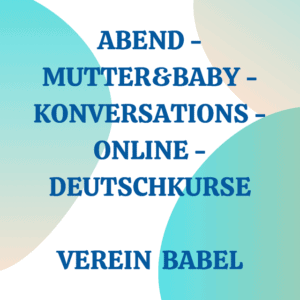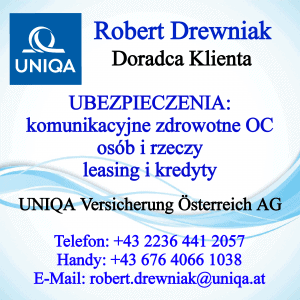After finishing my studies, with all the stress of settling down, finding a job, building a career that it brings, I was introduced to the best alternative; EVS, which means European voluntary service.
What is EVS?
With one word, volunteerism. It is a chance for young people from 17 to 30 years old to getfamiliar with the work of non-governmental organizations (N.G.O.s). The program does not request any special skills, working experience or studies; in fact it supports people with fewer opportunities, such as social, economic or geographical obstacles, educational difficulties, disabilities, cultural differences or health problems. The single condition that applies to the program is the basic knowledge of a second language and most commonly, English that is. There are two types of EVS; long-term and short-term. Long-term programs usually last from six to twelve months and short-term from one week to four months. Nonetheless, a typical EVS project can lasts from 10 to 12 months.
Even though volunteering can be expensive sometimes, the participation to an EVS project is more likely to not break the bank of the participant; European Commission (youth in action) finances EVS projects. The funding covers food, accommodation, health insurance, local transportation and language lessons. The volunteer contributes only a 10% of the total travel expenses. It is also possible exceptional costs related to the special needs of the volunteer to be covered (such as medical attendance, special preparation etc.). Every participant will receive a monthly allowance (pocket money) from 50 to 150 euros, depending on the country that the project is taking place, to cover extra needs. Volunteers are not required to pay a fee when applying for an EVS project.
First of all, a sending organization is required. A sending organization could be a non-governmental organization, an academic or charity foundation. The sending organization is responsible for the preparation of the volunteer before departure. It informs the candidate, trains him and follows him at distance throughout his stay abroad and upon his return (mentoring).
After finding the right sending organization, the volunteer must find a host organization. The host organization is the one that runs the EVS project.
To find the right project, the candidate must search through a database. In this database, the candidate can find information about the project, the host organization, as well as all his benefits and responsibilities. It can be tricky and time-consuming to find a project, even after the guidance of the sending organization, because of the big competition. The tasks of an EVS program can be in the field of environment, arts and culture, communication, activities with children, young people or the elderly, heritage or lastly, sports and leisure. The candidate must send his CV, motivation letter and sometimes fill an application form before the selection process begins. It is important to follow the deadlines, because as the competition is big, there is zero tolerance on behalf of the host organizations.
I know from experience, that it can be tiring, disappointing and even nerve-racking to find the right project. It can take, average time, up to a year and it can end up being even harder than finding a full time job. However like the famous quote, “volunteers don’t necessarily have the time; they just have the heart”.






